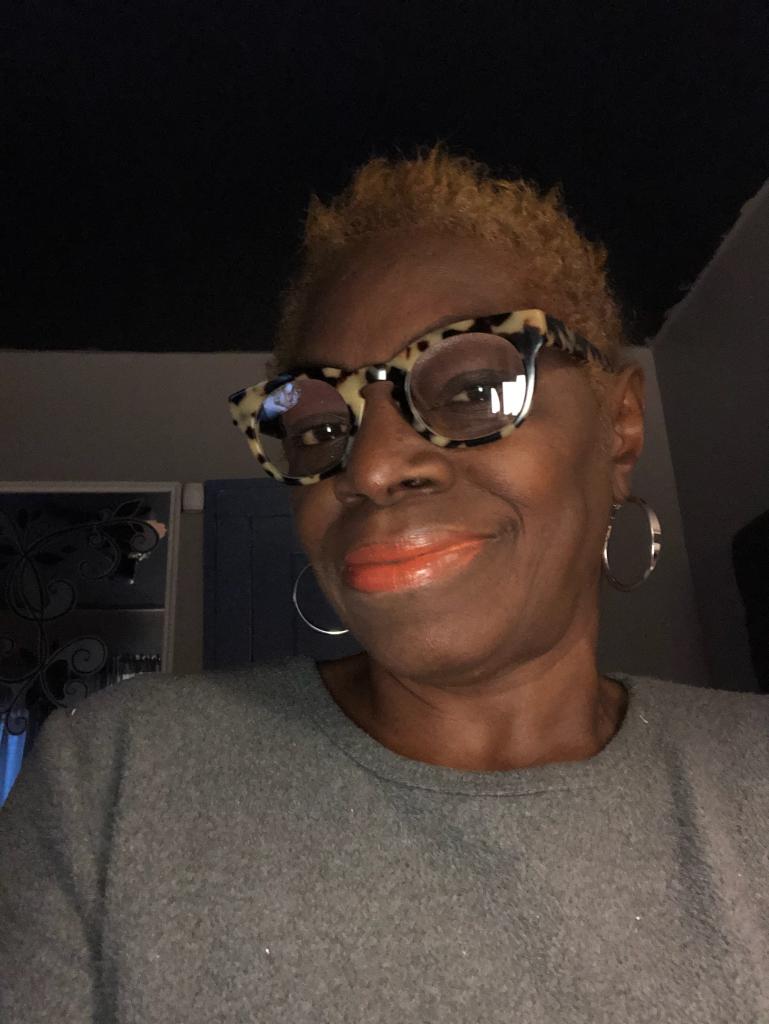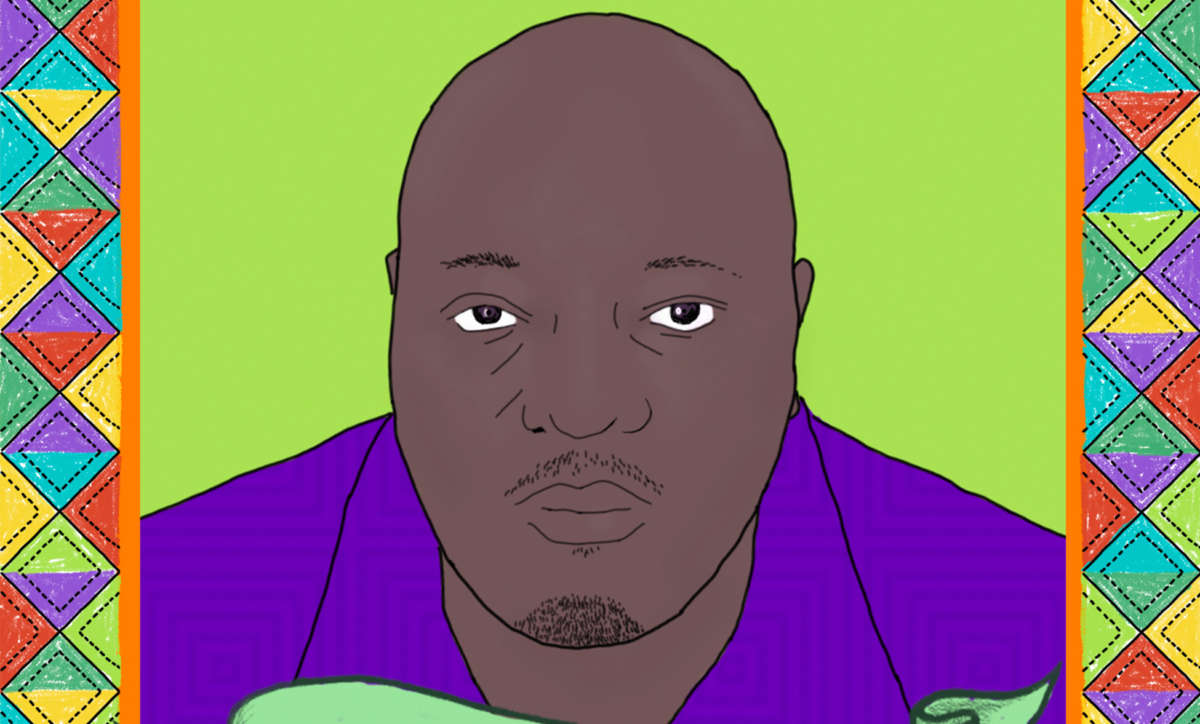Part of the Series
The Road to Abolition
Did you know that Truthout is a nonprofit and independently funded by readers like you? If you value what we do, please support our work with a donation.
When I first started sharing the story of my son’s unjust 18-year incarceration, I felt confident that many people – particularly white people and people with political power – would not care at all about the situation of a Black woman and her son.
I still fear this will be the case over the long term.
But in this moment, following the horrific police killings of George Floyd, Breonna Taylor, Tony McDade and others, people across the country seem to be listening as never before and open to the possibility that our police forces and criminal legal systems are fundamentally flawed, or else “working” for the purpose they were designed for: to incarcerate Black people.
I would hope that any mother could understand the agony of seeing her grown child denied his rights and wrongfully accused by the police and then imprisoned by a racist system rooted in slavery and the exploitation of Black people. In Chicago, trust in police is so low that many Black mothers worry the police will falsely incriminate their children. White people may see police as there to help apprehend those who’ve harmed others, but this is not the reality for many Black parents, grandparents and anyone who participates in parenting. Such concerns led directly to calls to defund the police and consideration of how we can better spend our tax dollars for the benefit of the community.

Antonio Porter, my son, has endured the violence of the policing and prison systems for much of his life. It’s unlikely that any white man would have been sent to prison on the basis of the flimsy evidence secured against Antonio through illegal means. First, my son was not promptly read his Miranda rights and was not properly provided with an attorney. Second, and probably the most upsetting factor in his case, is that the Chicago Police Department’s main witness was a 16-year-old child who was physically coerced by the police into identifying my son as the murderer. We later learned that while physically torturing the child, the police would incessantly place a photo of my son in his face until he broke down and told the police what they wanted to hear. The child was badly injured, and at my son’s court hearing, he showed up wearing a sling to support his arm. Third, there is no DNA evidence tying my son to the crime. Fourth, eyewitnesses who were coerced into testifying against Antonio have recanted their testimony.
He is by no means an exception. Over 100 other men have leveled credible claims of torture against Chicago police. Stanley Howard, Johnny Plummer, Gerald Reed, Tamon Russell, Matthew Manuel Echevarria, George Anderson and Tony Anderson are in a similar predicament caused by severe police abuse. In my son’s case, he was held in the Area 2 violent crime unit for more than three days, while his requests for the assistance of an attorney were ignored by the arresting officers.
Like me, many mothers in Chicago have heard from their children how they were tortured — and then watched the “justice system” chew up and spit out their children behind bars, often in for-profit prisons. Meanwhile, crooked cops climb the career ladder making arrests based on false information or planting their knee on a Black man’s neck thinking they have impunity.
With anti-Black police crimes being caught on video as never before, Americans seem more aware that police and detectives are capable of terrible deeds. We must, however, extend the current criticism of abusive policing on the streets of our cities to include abusive interrogation tactics behind closed doors and the corrupt courts and judges that are also responsible for keeping so many Black people caged up.
Sadly, judges are far more apt to see the police as credible than the men they charge. What happens when we routinely empower police officers who abuse their power? Is it possible to completely rework a thoroughly corrupted process that was never meant to work for some of us in the first place? And how, during the current pandemic, do we ensure that early releases are not done on the basis of systemic racism and bias that work against Black people?
Currently, paperwork, backlog and bureaucracy play a part in delaying access to release for my son and so many incarcerated Black people. Meanwhile, systems such as the Torture Inquiry and Relief Commission (TIRC), which are meant to hold Chicago’s cops accountable for coercive violence and torture, lack funding. Even this structure – designed to address previous wrongdoing — works far too slowly.
Now mothers like me have to contend with how the pandemic has further slowed the wheels of supposed justice. Many mothers I know advocate collectively for our children. We are uniformly terrified by the reports of prison deaths and hospitalizations related to COVID-19. Many of us have had our lives nearly destroyed by corrupt detectives. We carry with us the knowledge that it’s not just a few “bad apples,” but an entire system where police cover for one another and too few are willing to blow the whistle on the most corrupt among them. When the system looks the other way, it is complicit.

The mothers I know understand that the problem of policing doesn’t only impact those imprisoned. It impacts our entire families and communities. Many of our children have been expelled from their own children’s lives and our adult sons have been expelled from the lives of their parents.
Then there is the financial harm so many Black mothers I know have endured as a result of police violence and torture. We have spent our life savings on lawyers, travel expenses for visits and other expenses to care for loved ones. Extended family and friends have been asked to step in to help. This is not to mention the physical and mental health impacts on all the mothers of police torture victims.
Politicians and advocates could learn a great deal from interacting with mothers like us who have been asserting for years that, rather than investing 40 percent of Chicago’s tax dollars in police, why not invest in our communities? Police and prisons have gotten away with targeting Black communities with impunity for far too long. There’s no turning back now. It has to stop. We cannot go back.
This is why I urge Illinois Gov. J.B. Pritzker and anyone who believes that no human being should have to suffer the realities of police torture to first, issue pardons and free all survivors of police torture in the state of Illinois who remain behind bars, including necessary support for their successful re-entry into society; second, I would like to see Governor Pritzker use his power to fix the problems with the TIRC in Chicago, including its lack of funding. The TIRC is a necessary administrative agency that is in place to provide torture survivors with an avenue to have their claims heard in court. For decades, the courts in Illinois — particularly the Circuit Court of Cook County — dismissed survivors’ allegations of torture routinely disbelieving them and dismissing their claims. That has resulted in scores of torture survivors remaining wrongfully convicted and incarcerated. Yet even though we now have TIRC, its purpose has remained largely unfulfilled. It lacks the necessary financial resources and human power to meet its mission and mandate.
It’s time for Governor Pritzker to use his power toward ending the harm inflicted upon police torture survivors and their loved ones. Ending this harm is essential to anyone proclaiming to stand against anti-Black racism and police violence. And it’s time to put all the funding going to the Chicago Police Department back into the very communities that are both disproportionately harmed by policing and prisons and facing severe unemployment, hunger and massive crises as a result of economic policies prioritizing profit over people.
Across the country, people are finally understanding what many Black people have been saying all along — that the problem of police violence is systemic. Yet police killings aren’t the only ways in which police are destroying Black lives. Across the country, police are arresting and incarcerating people and sentencing them to death by incarceration en masse. My demand that Governor Pritzier pardon all survivors of police torture is just one step towards achieving justice for all individuals and communities harmed by policing and prisons.
A terrifying moment. We appeal for your support.
In the last weeks, we have witnessed an authoritarian assault on communities in Minnesota and across the nation.
The need for truthful, grassroots reporting is urgent at this cataclysmic historical moment. Yet, Trump-aligned billionaires and other allies have taken over many legacy media outlets — the culmination of a decades-long campaign to place control of the narrative into the hands of the political right.
We refuse to let Trump’s blatant propaganda machine go unchecked. Untethered to corporate ownership or advertisers, Truthout remains fearless in our reporting and our determination to use journalism as a tool for justice.
But we need your help just to fund our basic expenses. Over 80 percent of Truthout’s funding comes from small individual donations from our community of readers, and over a third of our total budget is supported by recurring monthly donors.
Truthout has launched a fundraiser to add 432 new monthly donors in the next 7 days. Whether you can make a small monthly donation or a larger one-time gift, Truthout only works with your support.
